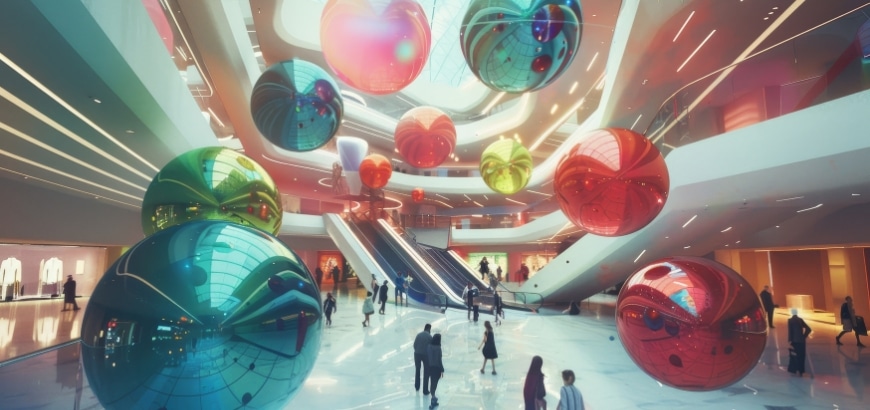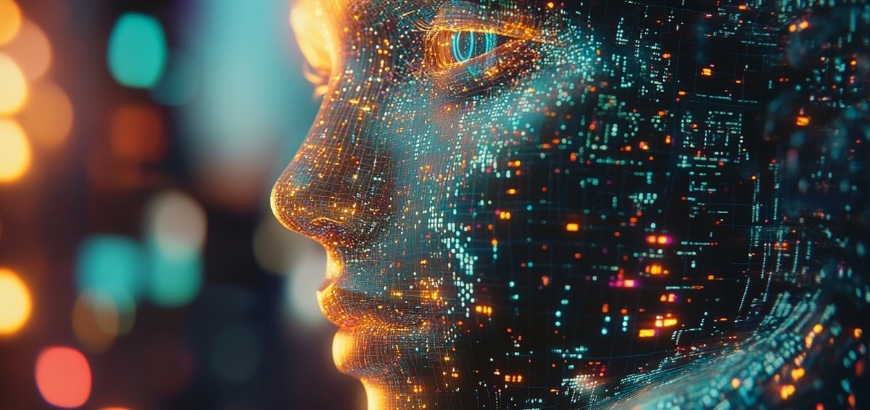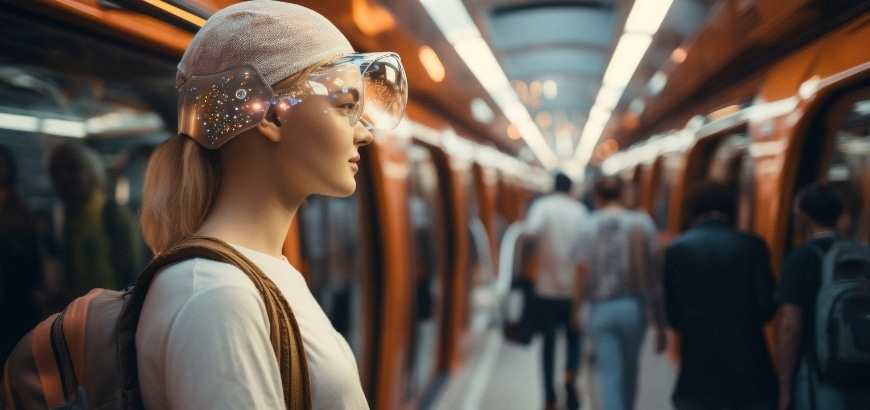
The future of artificial intelligence (AI) is a hot topic in today’s world, but what about 100 years from now? The next century will see AI evolve beyond our current imagination, fundamentally reshaping society. Let’s explore how AI might impact different areas of human life in the next 100 years.
The Workforce of the Future
In 100 years, it’s likely that AI will take over most of today’s manual labor and routine cognitive tasks. From factories to administrative offices, AI systems will automate processes, creating unprecedented levels of efficiency. However, this will also challenge the traditional concept of jobs. Instead of focusing on repetitive tasks, the human workforce may evolve into more creative and strategic roles. New industries we can’t even imagine today will arise, driven by innovation and human-AI collaboration.
However, this shift will come with challenges. Many workers may need to be retrained, and inequality could rise if access to AI benefits is not equally distributed. Governments and organizations will need to invest heavily in education and social programs to ensure that all citizens benefit from this technological revolution.
AI in Healthcare
Healthcare will likely be one of the biggest beneficiaries of AI advancements. In 100 years, personalized medicine will be standard practice, with AI analyzing vast amounts of genetic and lifestyle data to develop custom treatments for individuals. AI might also revolutionize diagnostics, detecting diseases far earlier than human doctors can today.
Moreover, AI-powered robotic surgeons may become the norm, performing complex operations with precision far beyond human capability. This could lead to longer life expectancies and improved quality of life for people around the world.
Ethical Dilemmas and Social Impact
One of the biggest challenges that society will face with AI in 100 years is navigating the ethical dilemmas it poses. How will we ensure that AI systems make fair decisions? As AI begins to handle everything from legal judgments to hiring decisions, we’ll need to establish strong ethical frameworks to prevent bias and inequality.
Additionally, privacy concerns will only increase as AI becomes more integrated into daily life. With AI capable of processing immense amounts of data, individuals may find it difficult to protect their personal information. Society will need to find a balance between reaping the benefits of AI and safeguarding individual rights.
AI and Human Relationships
In the next century, AI will likely redefine the way we interact with technology—and each other. AI-driven virtual companions may become more common, offering emotional support, entertainment, and even friendship. These companions might mimic human emotions and personalities to the point where the lines between human and machine blur.
While this could lead to increased emotional support for individuals, it may also raise concerns about the authenticity of relationships. Will human connections become weaker as people turn to AI for companionship? These are questions society will need to address as AI becomes more integrated into personal and social life.
The Environment and Sustainability
AI could also play a crucial role in combating climate change and promoting sustainability. In 100 years, AI systems could optimize resource use, reduce waste, and monitor environmental conditions in real time. With AI’s help, we may develop new energy sources, reverse environmental damage, and create more sustainable cities.
However, the environmental impact of AI itself cannot be ignored. AI development requires significant energy and resources, which could become a problem if not managed responsibly. Future societies will need to ensure that the growth of AI aligns with the broader goals of environmental sustainability.
Conclusion
The next 100 years of AI development will bring both incredible opportunities and significant challenges. From transforming the workforce to redefining human relationships, AI will be a driving force in shaping the future of society. However, to ensure a positive outcome, we must carefully consider the ethical, social, and environmental implications of these advancements. The choices we make today will determine how AI benefits or harms society in the century to come.


